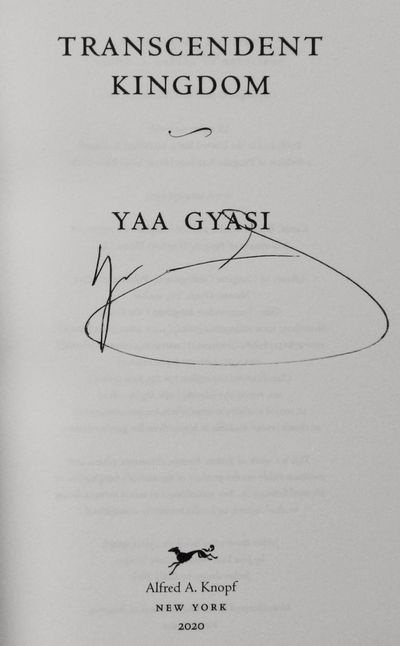
Gyasi’s works have also been published against the backdrop of the Black Lives Matter movement, the ongoing deaths of Black people at the hands of the police, and the “America-First” movement that characterized the presidency of Donald Trump and sought to drastically reduce immigration, especially from African countries. Sentencing disparities for different drugs or drug forms, notably much harsher sentences for crack cocaine than powdered cocaine, led to much higher incarceration rates among Black Americans and contributed to stereotypes that Black people are more prone to addiction. But, because the family is Black, Gifty ends up being exposed to her church’s racism, which points to another historical epidemic related to addiction: the so-called “War on Drugs.” Drug use was increasingly criminalized in the 1980s in the United States.

In many ways, then, Nana’s story is typical of the opioid epidemic: prescribed drugs for an injury and unable to continue getting them through his doctor, he eventually turns to heroin as a less-expensive substitute. The introduction and marketing of Ox圜ontin, a supposedly “safe” opioid, generated an epidemic of addiction in the United States, as doctors prescribed opioids for relatively minor injuries and post-surgical care and their patients became addicted. Prior to the introduction of Ox圜ontin in the 1990s by the Sacker Family’s Purdue Pharma company, opioids-powerful and powerfully addictive drugs-had been primarily used for acute cancer pain and end-of-life care. He is thus an early victim of the opioid epidemic. In Transcendent Kingdom, Gifty’s brother Nana dies of an accidental heroin overdose, after becoming addicted to opioids prescribed to him for a sports injury.


 0 kommentar(er)
0 kommentar(er)
